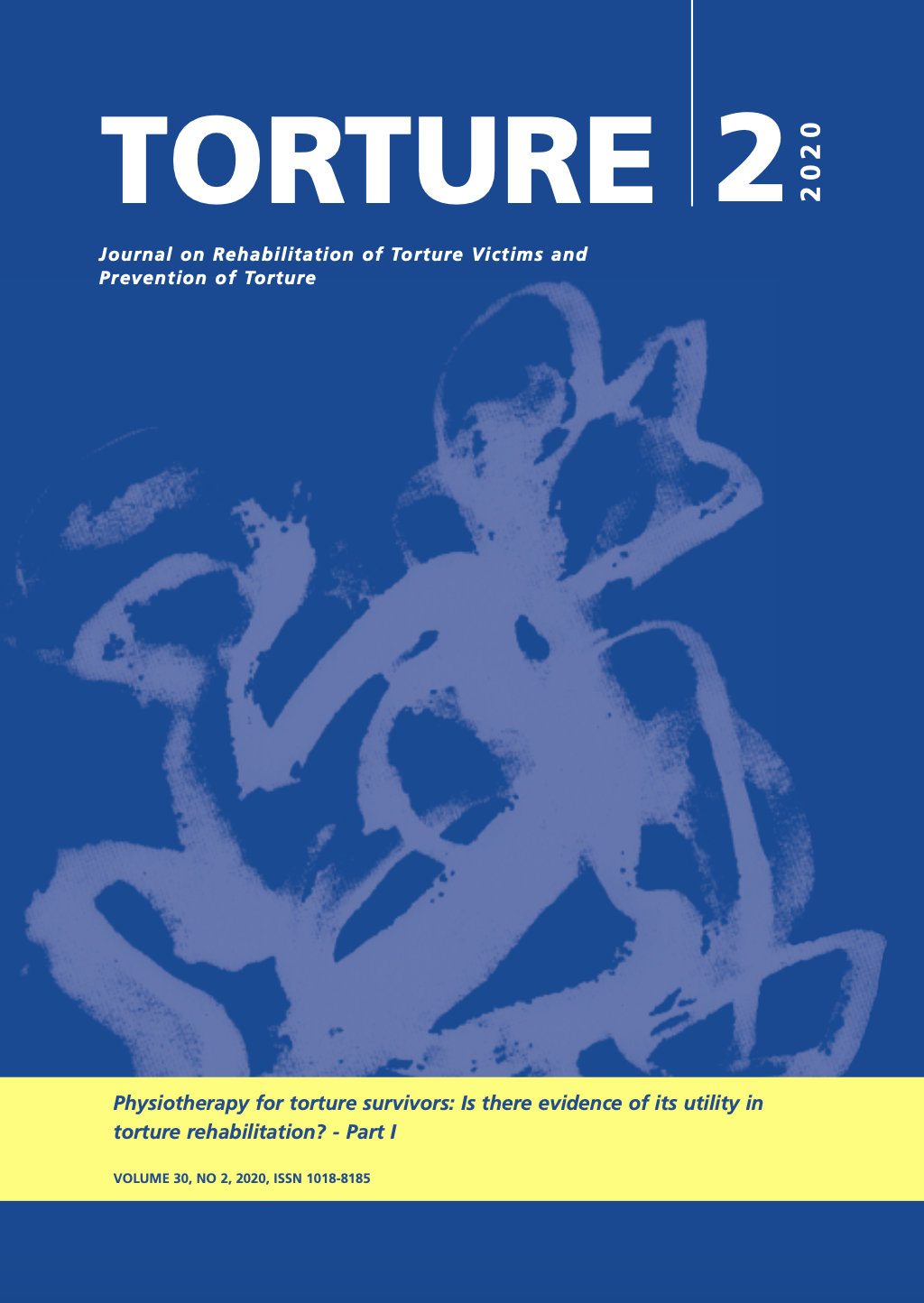Commentary by Elizabeth Lira:
Ethical criteria when a (potential) perpetrator asks a human rights organization to defend their case based on the forensic documentation of alleged torture. How shall we proceed?
DOI:
https://doi.org/10.7146/torture.v30i2.121416Keywords:
Debate, PerpetratorsAbstract
The questions at the heart of the text of the article arise in the professional work of evaluating victims of torture in a centre (NGO). The victims come from various countries, where torture practices exist or have existed, and request international protection.
Dilemmas arise from the possibility of professionals finding themselves in front of clients who, during assessment, have doubts about the client's status as victim, and who develop suspicions that they may be a perpetrator. The centre may decide to exclude them from treatment at some point to prevent international protection from contributing to impunity for any crimes they may have committed. However, the decision to exclude them makes it necessary to examine and review the admissibility criteria in trying to control the risks of committing injustices. Resolving the dilemmas identified in the article involves a process of discernment that guarantees the clients’ rights, the safety and certainty of professional procedures and their outcomes, and finally the effective protection of victims.
Downloads
Published
How to Cite
Issue
Section
License
We accept that some authors (e.g. government employees in some countries) are unable to transfer copyright. The Creative Commons Licence Attribution-NonCommercial-NoDerivatives 4.0 International (CC BY-NC-ND 4.0) covers both the Torture Journal and the IRCT web site. The publisher will not put any limitation on the personal freedom of the author to use material contained in the paper in other works which may be published, provided that acknowledgement is made to the original place of publication.


